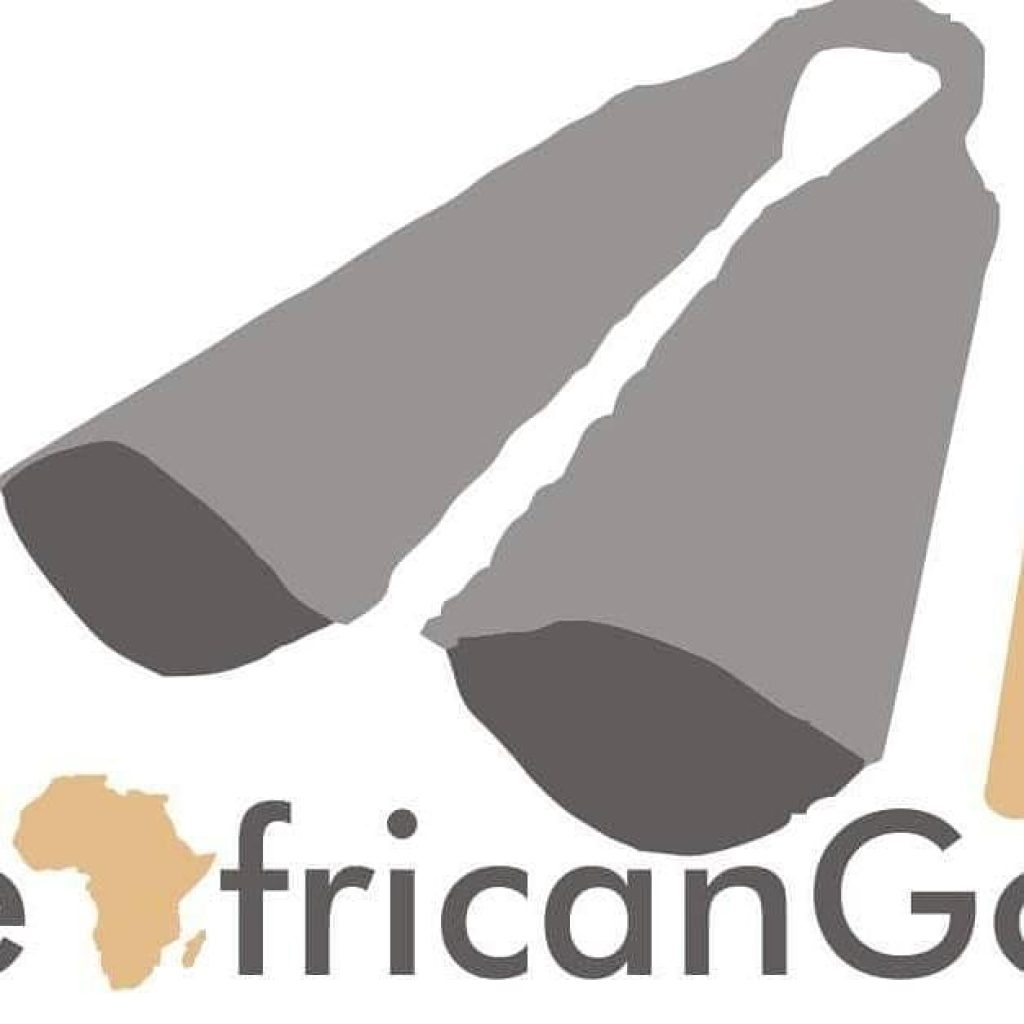
As the world commemorates this year’s International Day for the Eradication of Poverty, the Senior Special Assistant (SSA) to Bayelsa State Governor on Tourism, Dr. Piriye Kiyaramo has called on policymakers to focus attention on the tourism sector, informing that tourism development has been regarded not only as a catalyst for economic growth but also as an effective means of alleviating poverty.
In a statement issued in commemoration of International Day for the Eradication of Poverty 2023, which is themed, ‘Decent Work and Social Protection: Putting Dignity in Practice for All,’ Dr. Kiyaramo maintained that an increase in tourism development will consistently lead to an increase in household welfare, resulting in a decrease in poverty, irrespective of the specification used.
The Senior Special Assistant to the governor who described Gov. Douye Diri’s Skills Acquisition and Empowerment Programme as one of the best of such pro-poor initiatives in Bayelsa State under the prosperity administration, pointed out that the theme, ‘Decent Work and Social Protection:
Putting Dignity in Practice for All,’ advocates for universal access to decent work and social protection as a means to uphold human dignity for all people and to emphasize that decent work must empower people, provide fair wages and safe working conditions, and fundamentally recognize the inherent value and humanity of all workers.
He noted that tourism development could translate to poverty reduction through a number of channels, such as income, tax, price and risk, reiterating that though the relationship between tourism development and poverty reduction has attracted a considerable amount of attention in recent years, there are still policy gaps, in developing economies like ours.
Dr. Kiyaramo who also doubles as Facilitator of South-South Tourism Roundtable Initiative, said tourism development has not only been viewed as an engine for economic growth, but it has also been viewed as a tool for alleviating poverty and advancing food security, especially in developing countries like Nigeria.
He explained that tourism is regarded as a source of development and poverty eradication through employment generation, technology transfer and GDP growth, adding that sustainable tourism ensures a constant stream of income for economic development, especially for economies that depend substantially on the tourism industry for their economic prosperity.

“According to UNCTAD, tourism has the potential of contributing either directly or indirectly to all the sustainable development goals, and it has been included in Goal 8 (inclusive and sustainable economic growth), Goal 12 (sustainable consumption and production – SCP), and Goal 14 (sustainable use of oceans and marine resources), which is the blue economy dimension.
“The income channel of tourism enables poor households to earn an income from participation in tourism activities, either directly, indirectly, or both, which enables the poor to become employable in the tourism ecosystem, while the tax channel also enables poor households to benefit from the reallocation of resources by government as it provides social welfare grants to the poor, using tax revenue obtained from the tourism sector.
“The role of tourism in poverty reduction has been indirectly supported through the link between tourism and economic growth.
Since economic growth reduces poverty and tourism spurs economic growth, tourism can also alleviate poverty. “The role of sustainable tourism in reducing poverty has also been widely supported by institutions such as the United Nations World Tourism Organization, the United Nations Conference on Trade and Development, and International Labour Organization (ILO)”, Dr. Kiyaramo reiterated.
Recall that On December 22, 1992, a resolution was adopted by the UN General Assembly and declared 17 October as the International Day for the Eradication of Poverty. All the states and people are invited to promote the day and do various activities to eradicate poverty and destitution.
The day presents an opportunity to acknowledge the effort and struggle of people living in poverty, a chance for them to make their concerns heard and a moment to recognise that poor people are the first ones to fight against poverty. According to the World Bank, poverty is earning less than $1.90 a day.
The 2020 Agenda for Sustainable Development was adopted in 2015 by the UN, which is also known as the Sustainable Development Goals (SDG). It expands the scope worldwide to eradicate poverty, protect the planet, and ensure that all people enjoy peace and prosperity.
